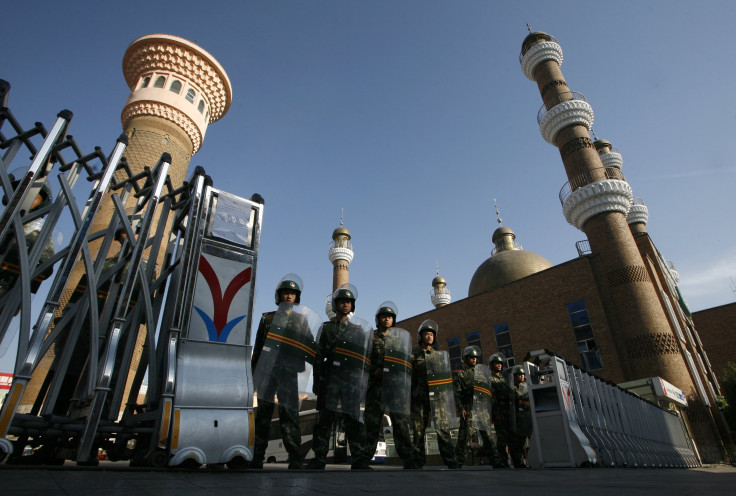China Says Extremism Losing Grip In Restless Xinjiang

The religious atmosphere in China's violence-prone far western region of Xinjiang became markedly less radical last year and the government was broadly successful in maintaining stability, the top official there was quoted as saying on Friday.
Hundreds of people have been killed over the past few years in resource-rich Xinjiang, strategically located on the borders of central Asia, in violence between the Muslim Uighur people who call the region home and ethnic majority Han Chinese.
The government has blamed the unrest on Islamist militants, though rights groups and exiles say anger at Chinese controls on the religion and culture of the Uighurs is more to blame for the unrest. China denies any repression in Xinjiang.
In a New Year's address carried in the Xinjiang Daily, the region's Communist Party boss, Zhang Chunxian, said that in 2015 the government deepened its "de-radicalization" efforts.
"The atmosphere for religious extremism has weakened markedly," Zhang said, without elaborating.
Uighurs have traditionally followed a moderate form of Islam but many have begun adopting practices more common in more conservative Muslim countries, such as full-face veils for women, while China has stepped up security in recent years.
The government has responded by cracking down on what it sees as overt signs of religiosity, like veils or beards, and has periodically issued interviews with those captured after attacks who say they had been radicalized.
Zhang said the authorities had also maintained "high pressure" on beating back militants in the past year.
"Social management and stability maintenance abilities continued to improve, and society generally remained stable," he said.
The government announced in November that 16 people had been killed in an attack at a coal mine in September, and that security forces had subsequently killed 28 of "terrorists" involved.
© Copyright Thomson Reuters 2024. All rights reserved.





















